Onions add flavor, fiber, and nutrients to your dishes and serve as a grocery staple in cooking worldwide. Cheap and readily available, they’re a mainstay in the kitchen, but can you freeze onions?
You bet! Freezing onions is an excellent way to extend their shelf life. Keeping a stash on hand means you can easily add them to a Fajita Omelet or Hot Italian Beef Sandwich. You’ll save precious minutes and more than a few tears by chopping onions to freeze or freezing leftover onions, both to use later.
Want to save this post?
Enter your email below and get it sent straight to your inbox. Plus, I’ll send you budget recipes and money-saving tips every week!
When you cook at home, you can expect to cut onions. It’s just par for the course. But, no use crying over slicing onions. Freeze extra for later! Not only will you avoid the onion odor on a regular basis, but you’ll shorten the prep time of your favorite recipes when you have a few plastic bags of diced onions in the freezer.
Freezing vegetables and fruits is a great way to stock your kitchen and save time and money. You can chop or slice many onions at once, get the job done in one go, and stash them in the freezer for later. Caramelized onions for our Goat Cheese Pizza will come together quickly when you’ve already got a bag of thin slices in the freezer.
Why Do This
It helps you avoid food waste. If you use a lot of onions in cooking, why not freeze some to use later and buy yourself some time? Wasting food is akin to wasting money. You can prevent onions from going bad by freezing them for later.
It could save you money. Oftentimes, it’s cheaper to buy a bigger bag of onions than singletons. Freeze the extras you can’t use right away and pay less all the way around. This is one of the easiest ways that freezer cooking saves money.
It can be more convenient. Frozen chopped or sliced onions are more convenient than whole onions as they are recipe-ready. You can easily add flavor, fiber, and nutrients to your delicious recipes when the onions are all ready to go.
Types of Onions
There are a few different kinds of onions: green onions (fresh) and dry onions.
- Green onions or scallions are sold fresh and should be stored in the refrigerator. Use them within a few days or freeze for later.
- Dry onions include many different varieties, including yellow onions, white onions, and red onions (also called Italian onions) are often served raw, grilled, or lightly cooked. Another type of dry onions are pearl onions, about the size of a marble, or boiling onions that are about 1-inch in diameter.
You can freeze green onions as well as red, yellow, and white onions. However, keep in mind that they will lose their crispness after thawing so you may need to limit their future use to cooked rather than raw dishes.
Step-by-Step Instructions
Here’s the best way to freeze onions in three simple steps:
1. Slice or chop the onions.
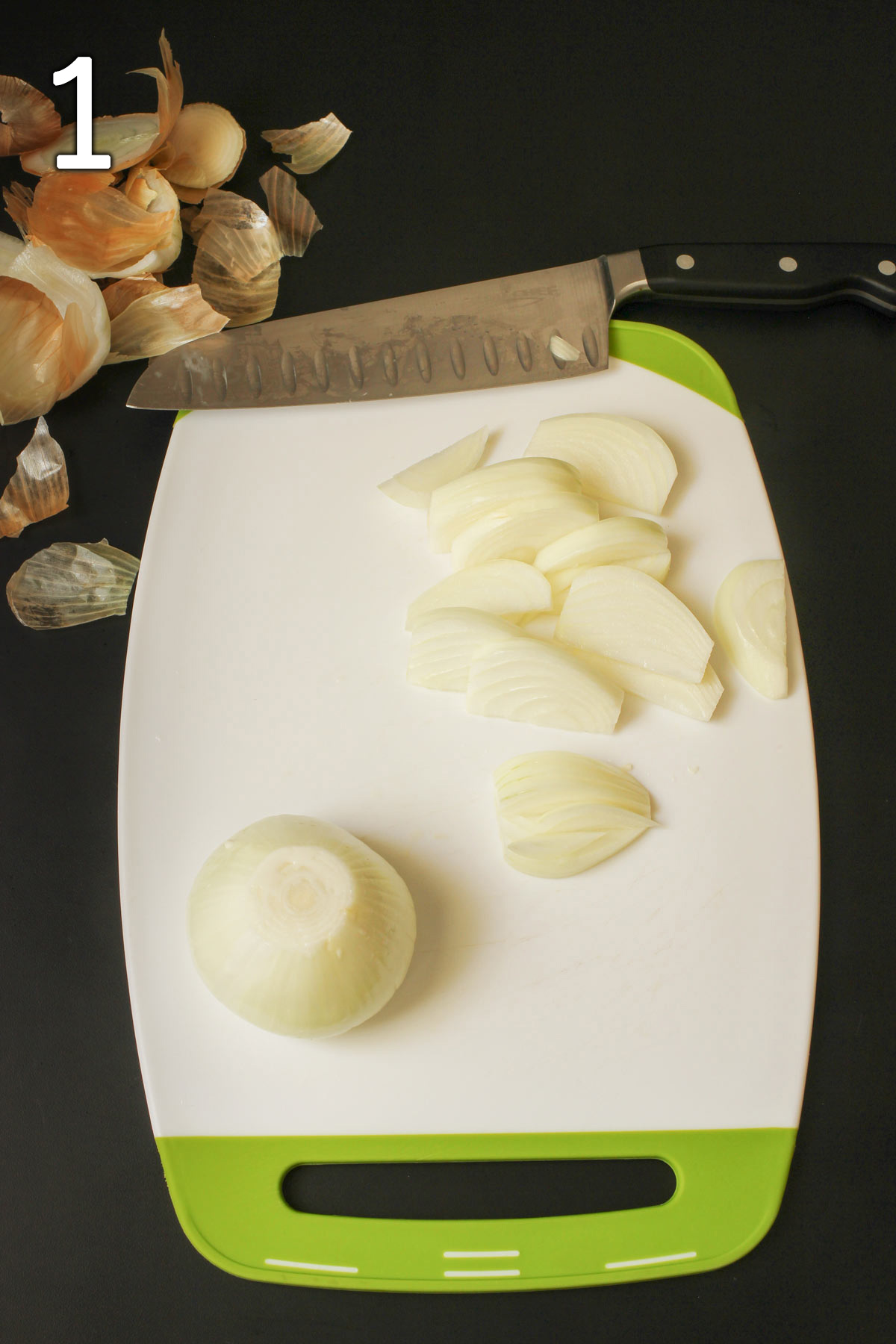
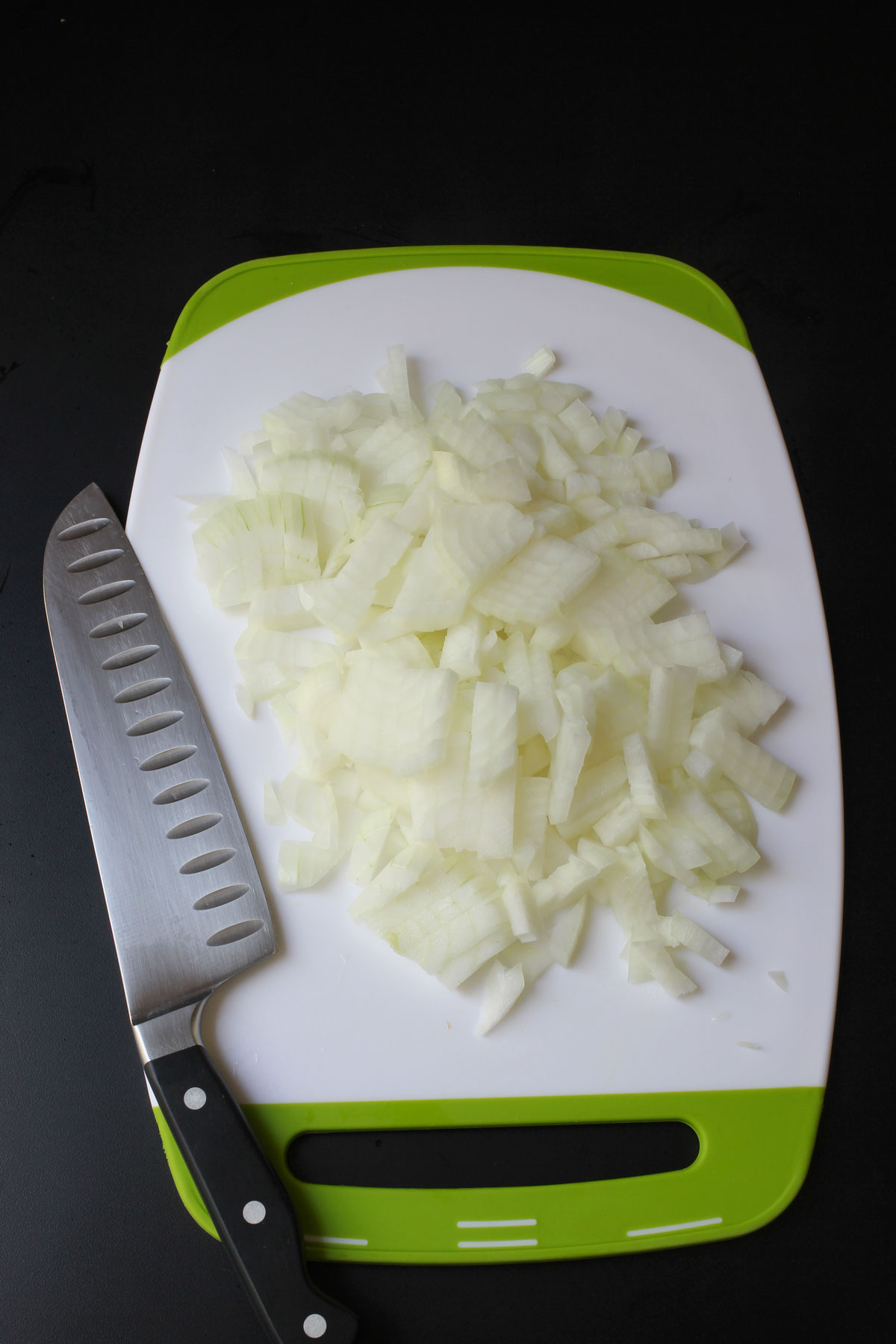
Chopped onions are pretty universal for a lot of recipes while sliced onions are great in Sauteed Mushrooms and Onions and Fajita Veggies.
Think about what you use most often and chop or slice onions accordingly.
Pro tip: to avoid onion tears, it’s a good idea to use a very sharp knife, refrigerate the onions prior to chopping, and use eye protection as it’s the gases from the cut onion that makes you cry.
You can use a food processor to make this easier, but use the pulse function for best results. The onions can go from rough chop to puree really quickly.
2. Freeze the onions.
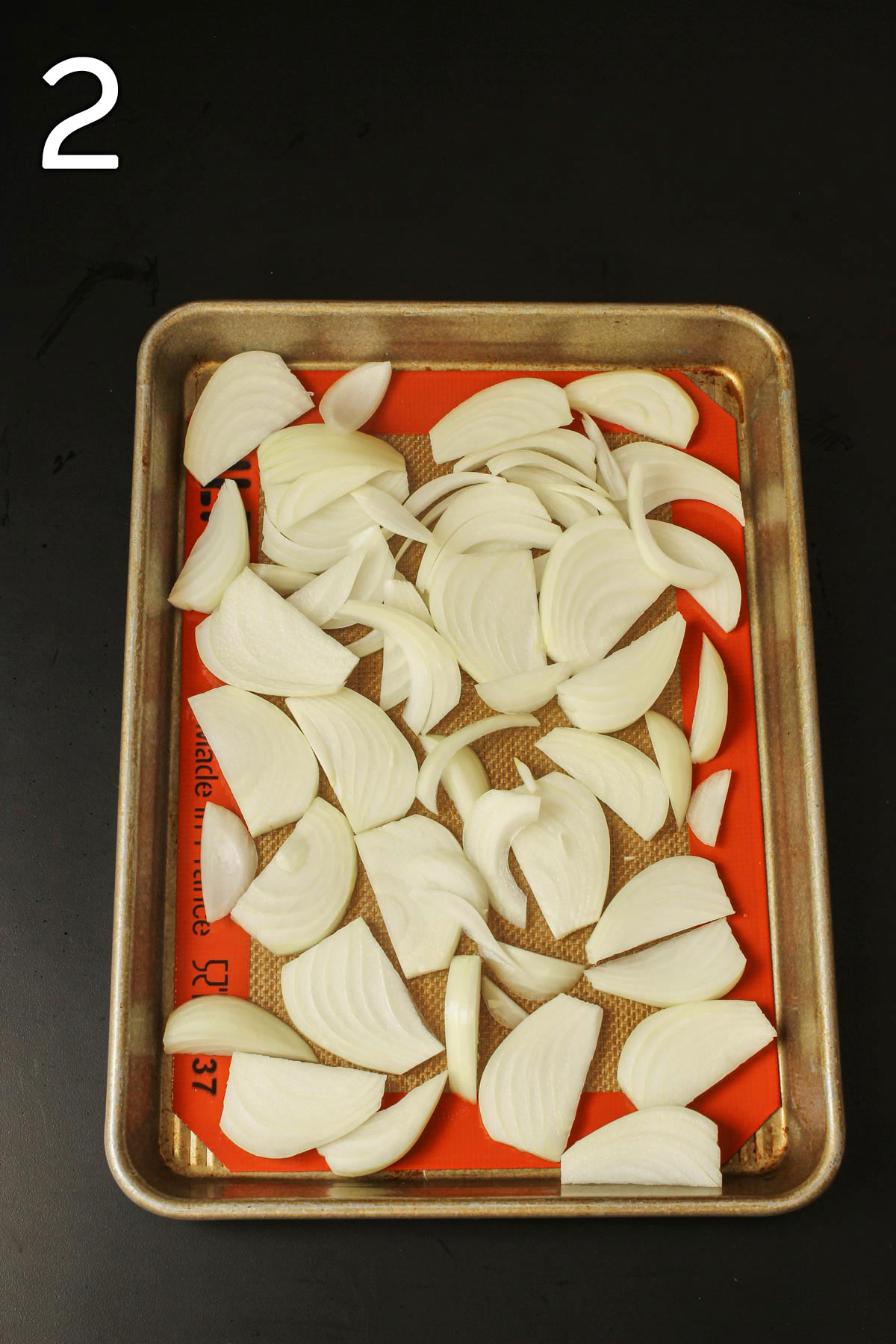
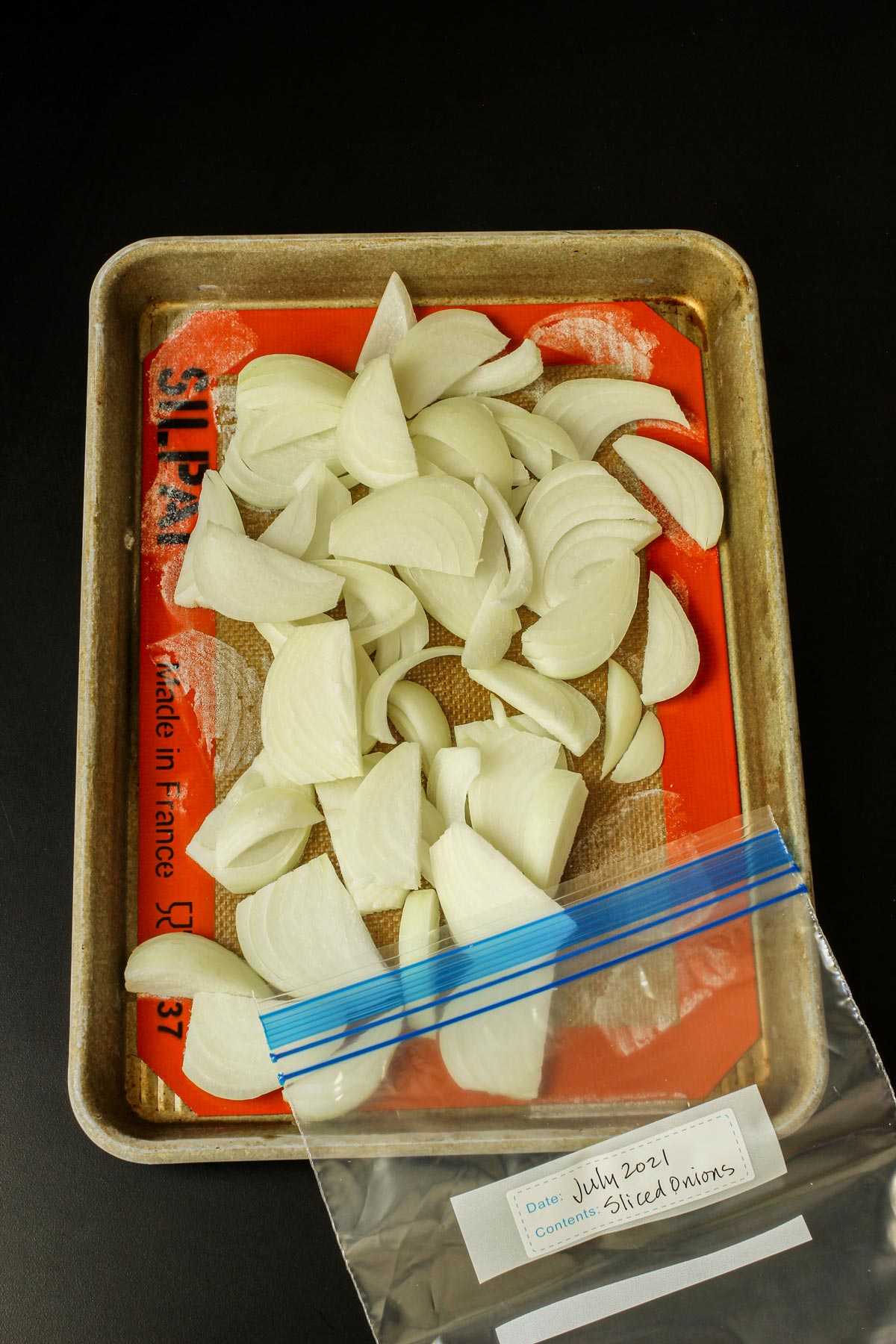
You can package the onions right away after slicing, but if you do so, you’ll need to package them in small portions that you’ll use all at once later. They’ll freeze in one mass, so you’ll have to thaw the whole package. You can freeze them in smaller bags or even ice cube trays or Souper Cubes.
If you freeze the chopped or sliced onions individually (also called open freeze), you can use just a few at a time, whenever you want. To do so, place them in a single layer on a lined tray or baking sheet in the freezer.
Once they’re frozen solid, you can package them up in airtight freezer bags, being sure not to let them thaw before you get them back in the freezer.
3. Package the onions.
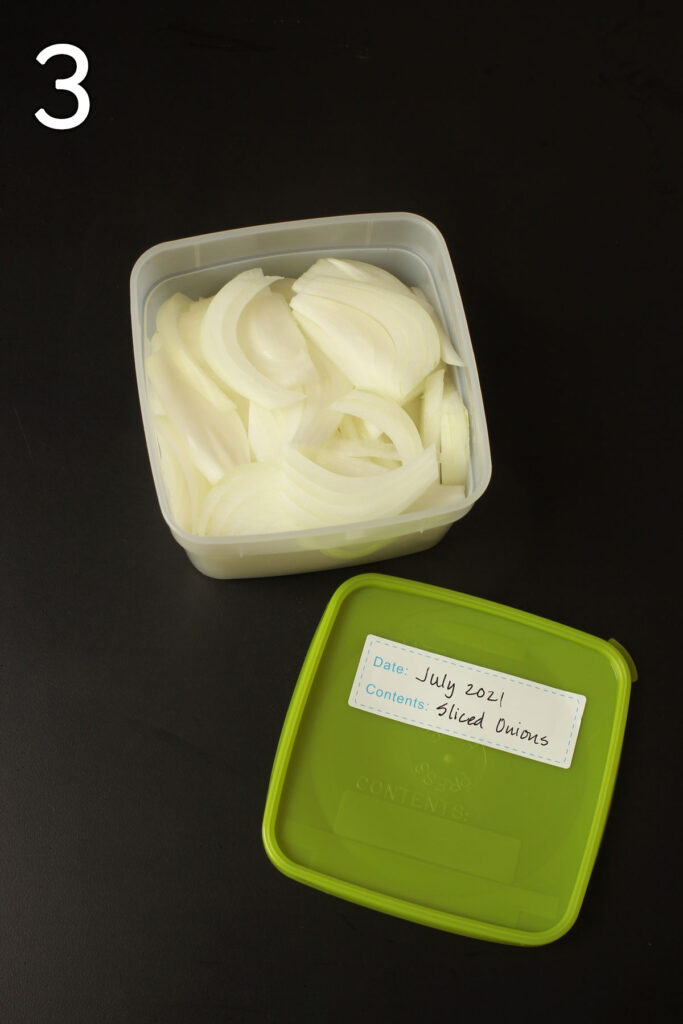
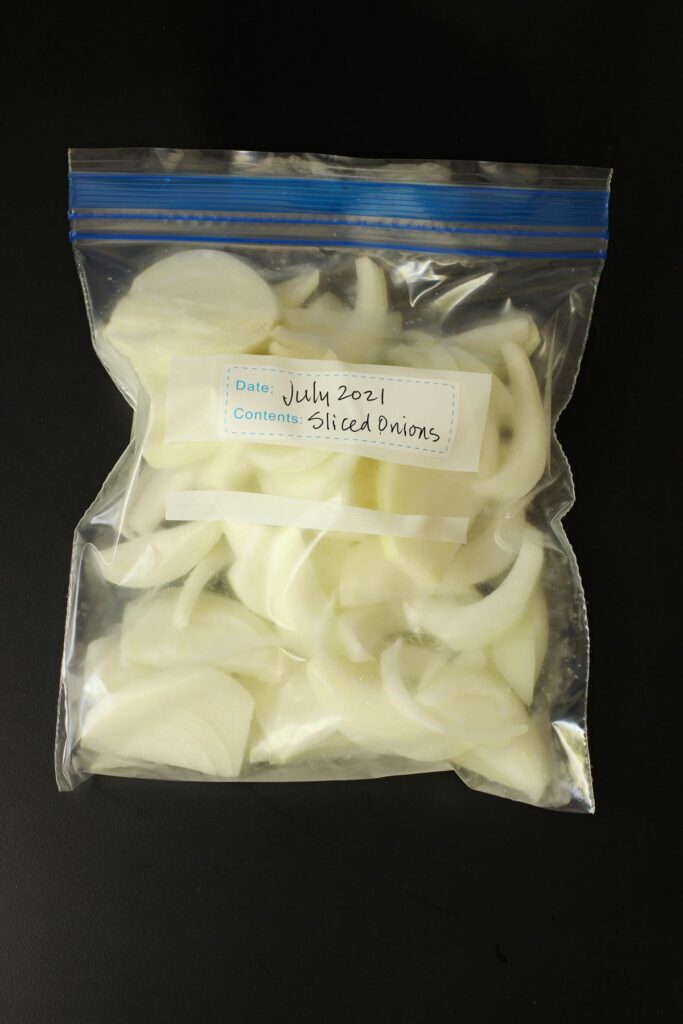
Package the onions in an airtight container with a lid or in ziptop, freezer bags. Whatever container you choose, be sure to label the date and the contents so you can use them up within the next couple months.
If you want to freeze small onions, like pearl onions, you can freeze them whole, but to avoid freezer burn, blanch them in a boiling pot of water, skin and all, for two minutes. Submerge them in cold water, pat dry, peel, and freeze.
What about cooked onions? Can you freeze cooked onions? Yes! Save even more time by sauteing onions to freeze for later. Cool them completely, package in small portions, and chill in the fridge prior to freezing.
To use frozen onions
When you’re ready to cook, there’s no need to thaw the onions. Just pull out the amount that you want, quickly returning the package to the freezer, and add them to your recipe.
FAQs
If you’re going to cook the onions, they are just as good from frozen as they are fresh. If you want raw onions for a sandwich or salad, you’re better off using fresh onions. Frozen onions lose some of their crispness.
After chopping the onions you can portion them into ice cube trays and freeze. Once frozen, pop them out of the trays and store in a ziptop freezer bag. Keep in mind that the “cubes” won’t stay perfectly in tact since onions aren’t liquid, but they should form nice clumps.
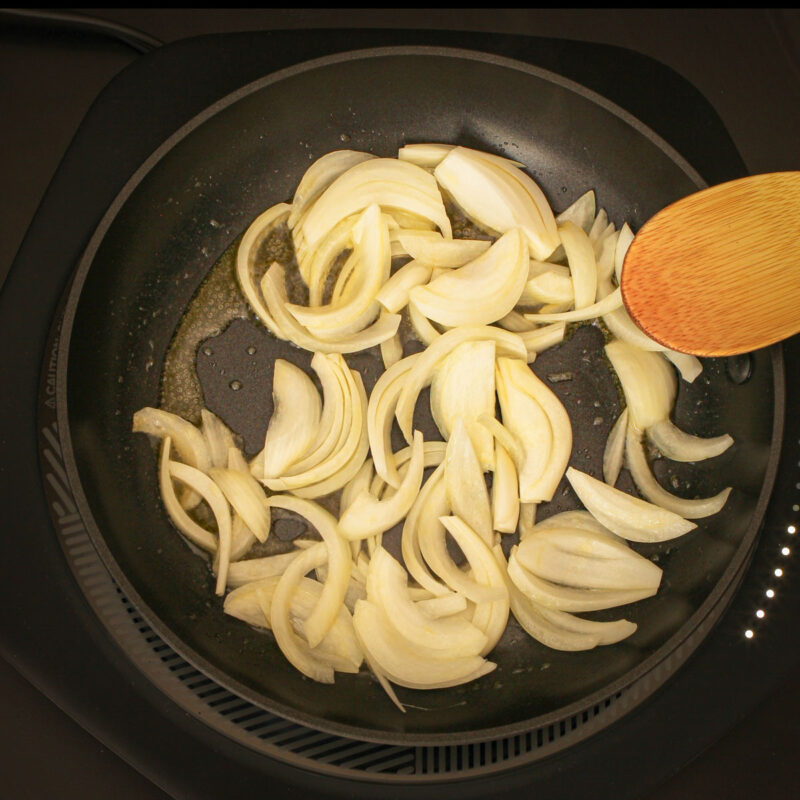
What Else to Freeze

Tell us what you think!
We love to hear your experiences with Good Cheap Eats. Click the STARS on the recipe card or leave a STARRED comment to let us know what you think of the recipe.
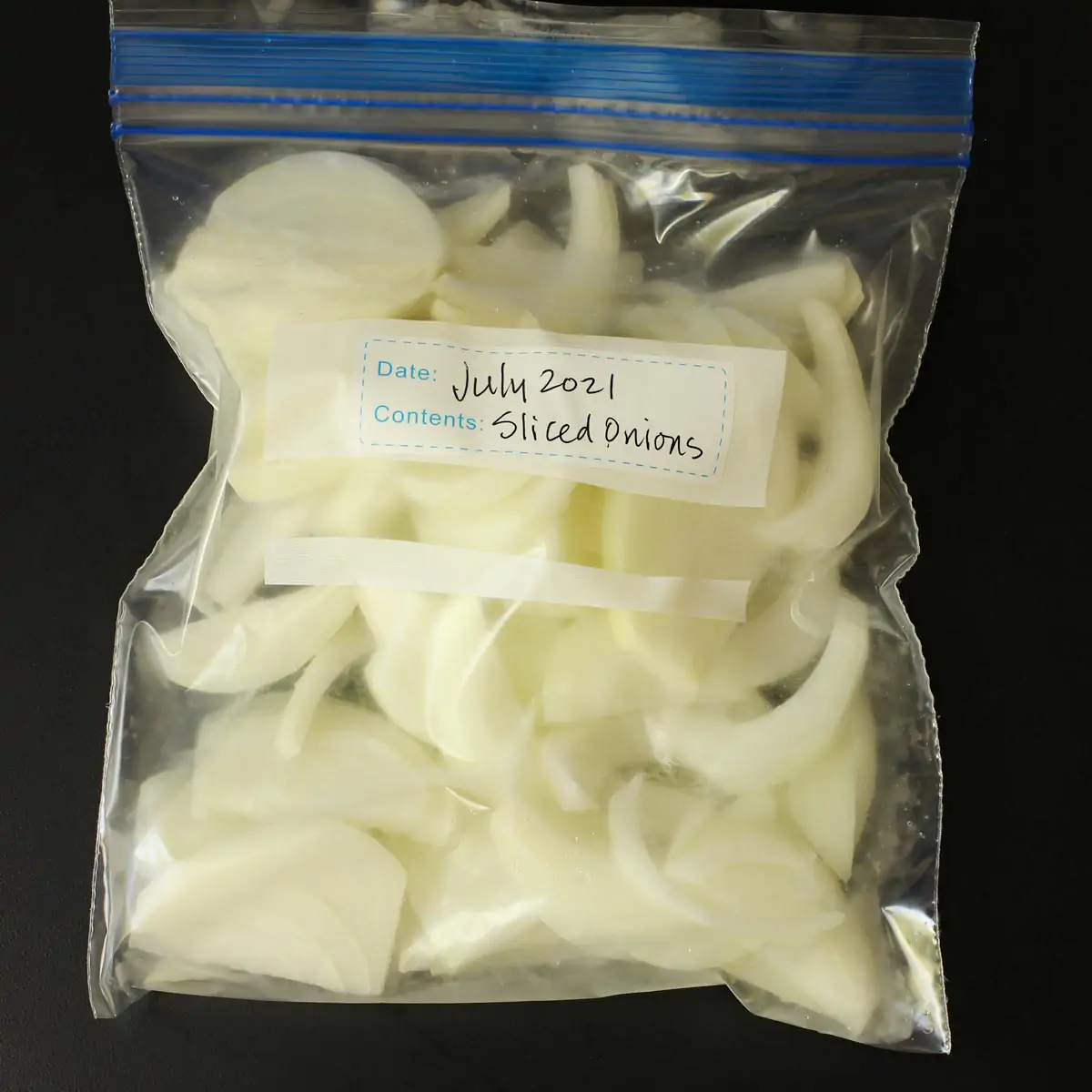
How to Freeze Onions
Equipment
Instructions
- Peel the onions and chop or slice according to your preferences.
- Package in recipe-size portions in ziptop freezer bags or freezer-friendly containers.
- Alternatively, to freeze them loose, place them on a lined sheet pan and freeze until firm. Once solid, transfer the frozen onions to packaging and return to the freezer.
- To use: add to recipe from frozen.


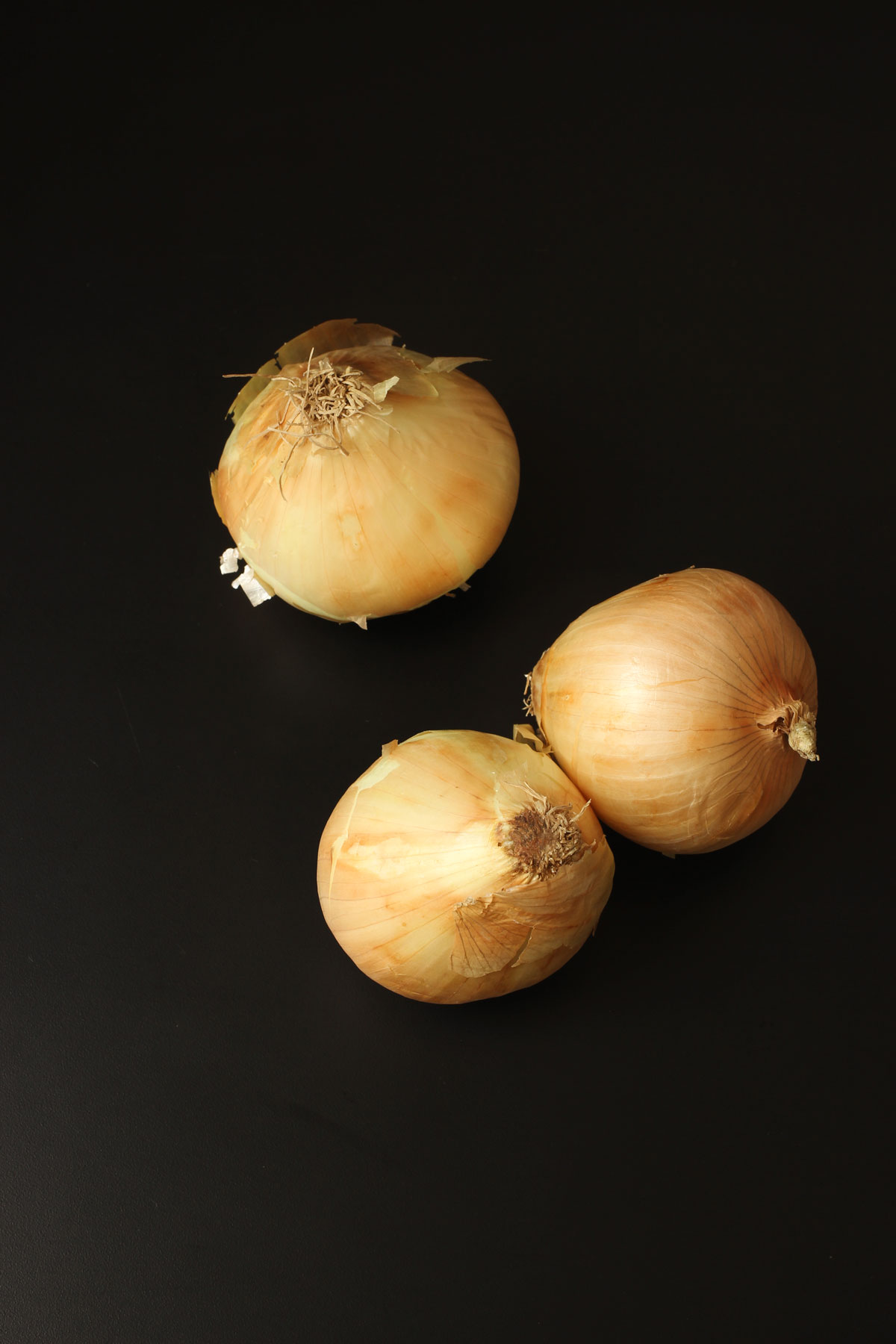
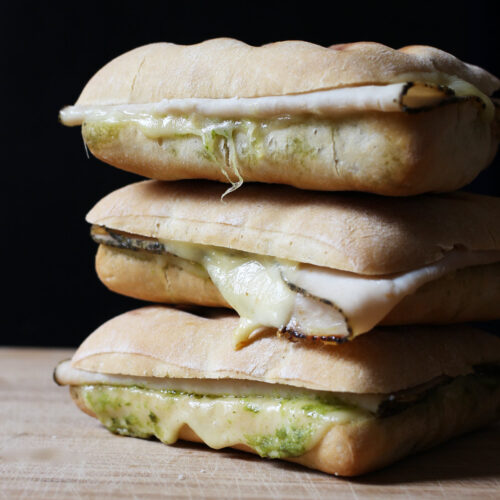
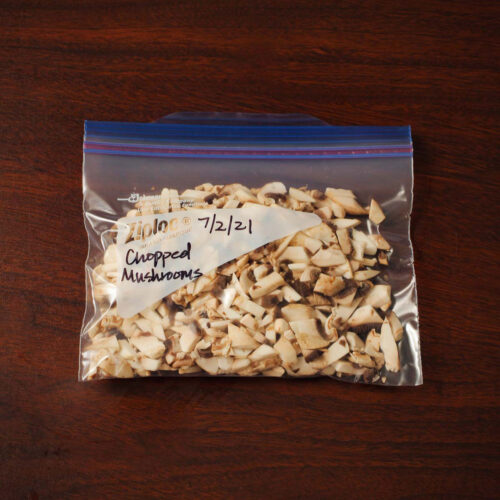
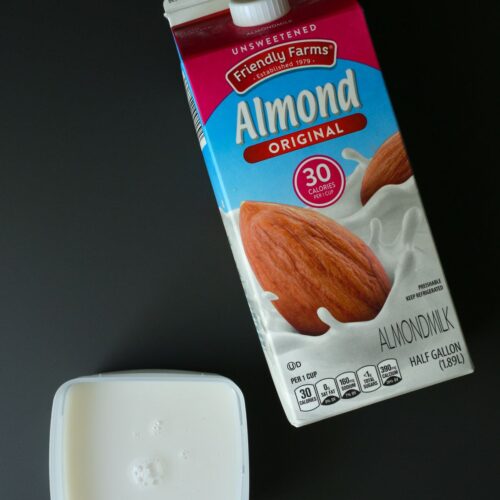
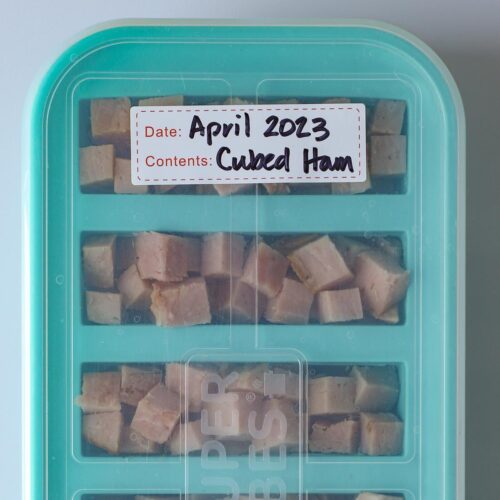
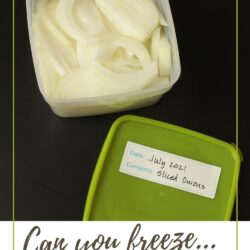
Sharon Zeidman
Great information. I’ve been freezing bell peppers for years but not onions or celery! Thank you!!?
Nikki
This is great. I did not know that you could freeze onions at home, but then it occurred to me that I have seen them included in pre-mixed stir fry veggies in the freezer section so it makes sense! But, have you ever had a problem with them making the freezer smelly? I would love to know. Thanks!
Nikki
Jessica Fisher
I’ve not had an issue if it’s packed airtight.
Susan Clark
Oh, I also freeze mirepoix which is 1/3 cup each small dice onion, celery and carrots in individual containers. Perfect started for soups and stews.
Susan Clark
I freeze onions, all kinds of pepper, stone fruit and berries all the time with great results. I did discover that my onions have a strong onion flavor when in the freezer ugh! Thought they would flavor all frozen foods. But they did not. So I doubt bag onions when I freeze them which eliminates the onion aroma in the freezer. Works great.